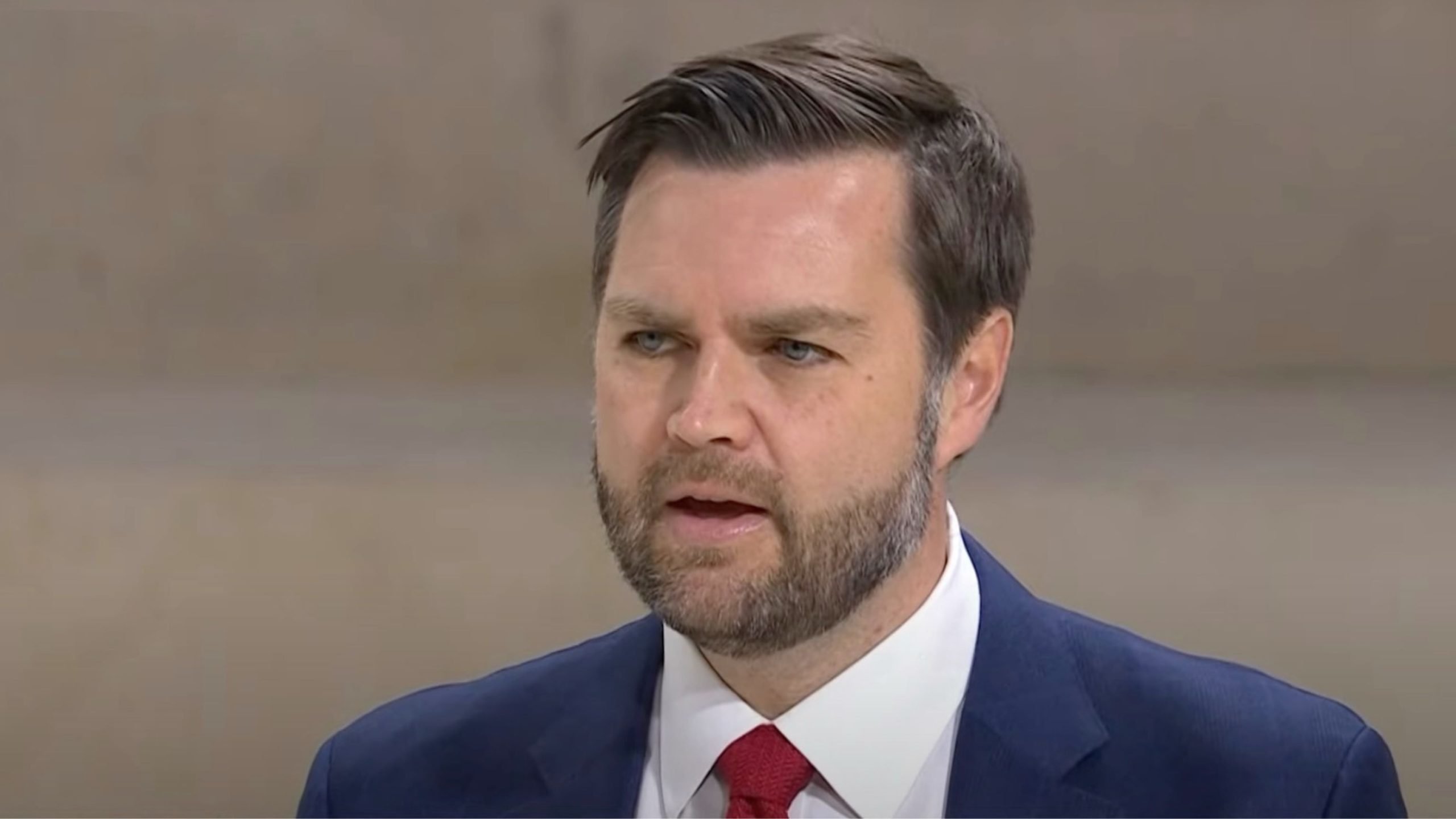US Vice President JD Vance strongly opposed global efforts to impose stricter regulations on artificial intelligence and speech during the Paris AI summit on Tuesday, warning that excessive oversight could stifle innovation and free speech in the fast-growing sector.
Addressing an audience of international leaders and tech executives, Vance criticized foreign governments for “tightening the screws” on US technology firms and platforms, signaling the Trump administration’s commitment to safeguarding free speech and preventing ideological bias in AI.
While European Commission President Ursula von der Leyen emphasized the need for AI to be “safe” and maintain “the confidence of the people,” Vance took a different stance, vowing that the US would not join in on restrictive policies. He assured that AI systems developed in the United States would remain free from ideological constraints and pledged, “We will never restrict our citizens’ right to free speech.”
Notably, the United States declined to sign an international agreement endorsed by over 60 nations — including China — that called for AI accessibility to bridge digital divides and ensure AI operates in an “open, inclusive, transparent, ethical, safe, secure, and trustworthy” manner. The agreement also emphasized sustainability and the protection of human rights, gender equality, linguistic diversity, consumer rights, and intellectual property.
Vance made it clear that the Trump administration would not tolerate foreign efforts to tighten restrictions on American tech companies and the speech of citizens. He warned that regulatory overreach, particularly from European governments, could hinder innovation and place undue burdens on US firms operating internationally. Citing the European Union’s censorship law, the Digital Services Act, as an example, Vance argued that sweeping content moderation rules often go beyond legitimate concerns like child safety and veer into ideological censorship.
Vance’s remarks underscored the administration’s broader commitment to protecting free speech in the digital world. While acknowledging the need for responsible AI governance, he pushed back against measures that he believes conflate harmful content with unpopular or controversial opinions. “It is one thing to prevent a predator from preying on a child on the internet,” he stated, “and it is something quite different to prevent a grown man or woman from accessing an opinion that the government thinks is misinformation.”
Vance took a hardline position against authoritarian misuse of AI, warning of its potential as a tool for surveillance and propaganda. “We’ve also watched as hostile foreign adversaries have weaponized AI software to rewrite history, surveil users, and censor speech … Some authoritarian regimes have stolen and used AI to strengthen their military intelligence and surveillance capabilities to capture foreign data and create propaganda to undermine other nations’ national security. I want to be clear, this administration will block such efforts full stop.”
The Paris summit coincided with the European Union’s enforcement of its landmark AI Act, the world’s first comprehensive legal framework for artificial intelligence, which went into effect in August 2024.
Meanwhile, tensions surrounding AI governance continued to mount. On Monday, Beijing officials condemned Western restrictions on AI access, reacting to legislative moves aimed at banning the Chinese app DeepSeek from government devices over national security concerns.










